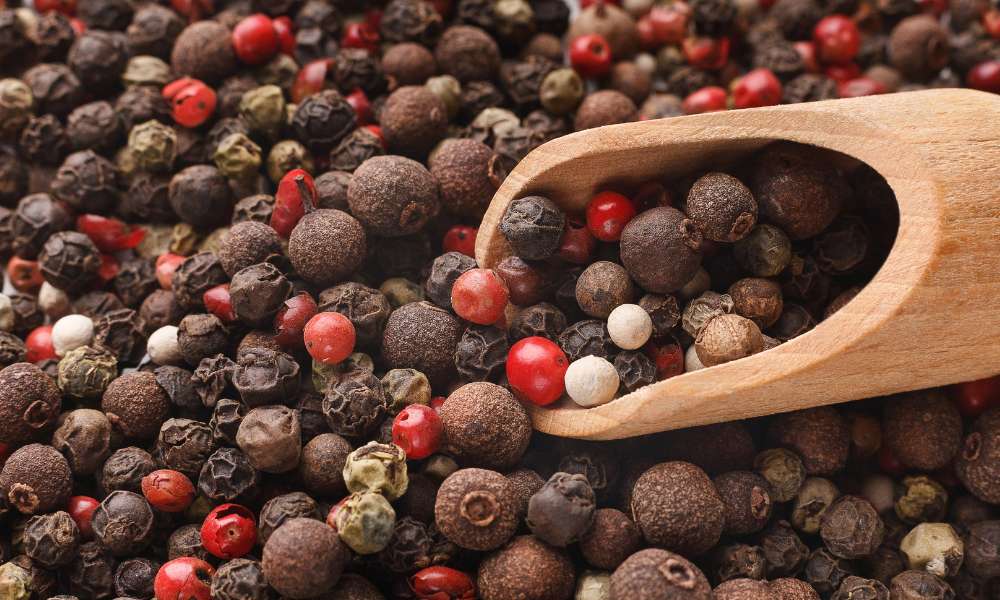In recent years, there has been a notable rise in the popularity of crafting homemade beauty products, driven by a desire for natural ingredients and sustainability. Understanding the components of personal care products has become increasingly important for health-conscious consumers seeking transparency in what they use. This article aims to empower readers with a step-by-step guide on creating their own shampoo, providing control over ingredients and customization to suit individual hair care needs. Discover how simple it can be to make a natural, effective shampoo tailored to your preferences and hair type.
Benefits of Making Your Own Shampoo
Crafting your own shampoo offers significant health advantages by steering clear of harmful chemicals and allergens commonly found in commercial products. It allows for precise customization to address specific hair concerns such as dryness, oiliness, or sensitivity, ensuring optimal effectiveness and gentleness. Beyond personal benefits, homemade shampoo contributes to environmental sustainability by minimizing plastic waste and reducing your carbon footprint. Embrace the opportunity to enhance both your hair care regimen and environmental stewardship through the simplicity and purity of homemade shampoo formulations.
Basic Ingredients for Homemade Shampoo
To craft your own shampoo, start with essential ingredients that offer both nourishment and customization options. Essential oils such as lavender and tea tree not only add fragrance but also provide therapeutic benefits such as scalp health and oil control. Carrier oils like coconut and olive are rich in moisturizing properties, ensuring your hair remains soft and hydrated. For texture and added benefits, consider natural thickeners such as aloe vera gel or honey, which enhance the shampoo’s consistency while delivering additional conditioning benefits. These versatile ingredients form the core of a personalized cleanser blend, tailored to meet your hair’s unique needs and preferences.
Simple Recipes for Different Hair Types
Tailoring homemade cleanser to specific hair types enhances effectiveness and satisfaction. Understanding how to use purple shampoo correctly can revolutionize your hair care routine, particularly if you have blonde, silver, or gray hair. For dry hair, blend hydrating ingredients like avocado oil and honey, which restore moisture and promote elasticity. For oily hair, consider a mixture of clay and tea tree oil to absorb excess oil and purify the scalp gently. For sensitive scalps, combine soothing ingredients such as calendula extract and jojoba oil to calm irritation while maintaining a balanced pH. These customizable recipes cater to diverse hair needs, offering natural solutions that nurture and enhance hair health effectively.
Step-by-Step Guide to Making Shampoo
Embarking on creating your own cleanser begins with gathering essential ingredients like oils, water, and natural thickeners, along with basic equipment such as mixing bowls and a whisk. Start by carefully blending oils with water and chosen thickeners in precise measurements, ensuring thorough integration for a consistent texture. Heat the mixture gently to aid in blending and allow it to cool before transferring to a suitable container. This methodical approach ensures your homemade shampoo retains its potency and effectiveness, ready to nourish and cleanse your hair naturally.
Safety Tips and Precautions
When crafting your own shampoo, prioritize safety to ensure a pleasant and effective experience. Essential oils should be handled with care, following recommended dilution ratios to avoid skin irritation, especially for sensitive individuals. Sanitize all equipment thoroughly before use to prevent contamination and maintain hygiene standards throughout the process. Store your homemade shampoo in a cool, dark place to prolong its shelf life and preserve its efficacy. By observing these precautions, you can enjoy the benefits of homemade shampoo with confidence, knowing it is crafted with both care and safety in mind.
Alternative Shampoo Formulations
Exploring alternative shampoo formulations offers versatility and convenience in hair care routines. Shampoo bars, crafted from natural ingredients like coconut oil and essential oils, provide a sustainable option with minimal packaging and effective cleansing properties. For quick hair refreshment between washes, dry cleanser formulations using ingredients like cornstarch or arrowroot powder absorb excess oil and add volume effortlessly. These alternatives cater to diverse preferences and lifestyles, offering natural solutions that promote both hair health and environmental consciousness.
Troubleshooting Common Issues
While making your own shampoo offers flexibility, occasional adjustments may be necessary. Customize shampoo consistency by adjusting water and thickener ratios to achieve your preferred thickness. Ensure thorough rinsing to prevent residue buildup, considering a final rinse with diluted apple cider vinegar for clarity. If scalp reactions occur, identify potential allergens such as essential oils and modify your recipe accordingly. Addressing these common challenges ensures your homemade cleanser is tailored precisely to meet your hair care needs. Providing a satisfying and effective alternative to commercial products.
Customization and Personalization Tips
Personalizing your homemade shampoo enhances the experience with unique touches tailored to your preferences. Enhance fragrance using natural options like lavender or peppermint essential oils. Each offering distinct benefits such as relaxation or scalp stimulation. For subtle color enhancements. Consider ingredients like chamomile for blonde tones or henna for red hues, adding a natural tint without harsh chemicals. Embrace experimentation by adjusting recipes to address specific hair needs, whether for hydration, volume, or scalp care. These customization tips empower you to create a shampoo that not only cleanses but also nourishes and enhances your hair naturally.
Conclusion
Homemade shampoo offers numerous benefits, including control over ingredients, customization to suit specific hair needs, and a reduced environmental impact. By crafting your own shampoo, you can prioritize natural and nourishing elements while avoiding. Harsh chemicals found in many commercial products. I encourage you to embark on this rewarding journey of creating your own cleanser tailored to your hair’s unique requirements. Share your experiences or questions below, and let’s continue to explore the art of natural hair care together. Start today and discover the difference homemade shampoo can make for your hair health and overall well-being.
